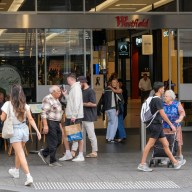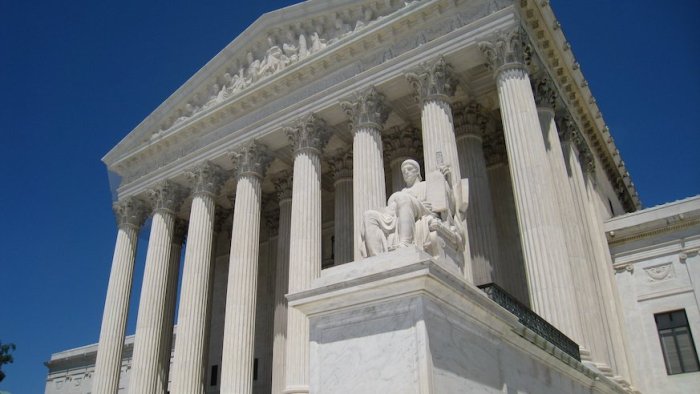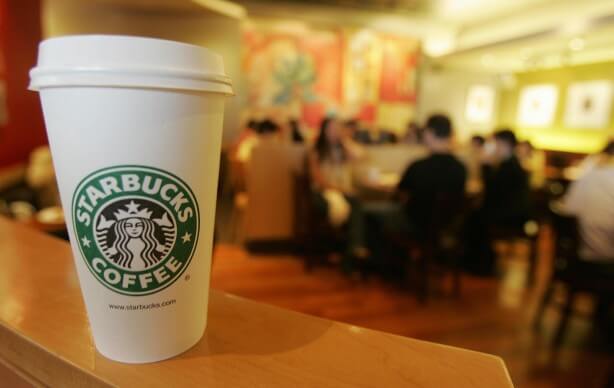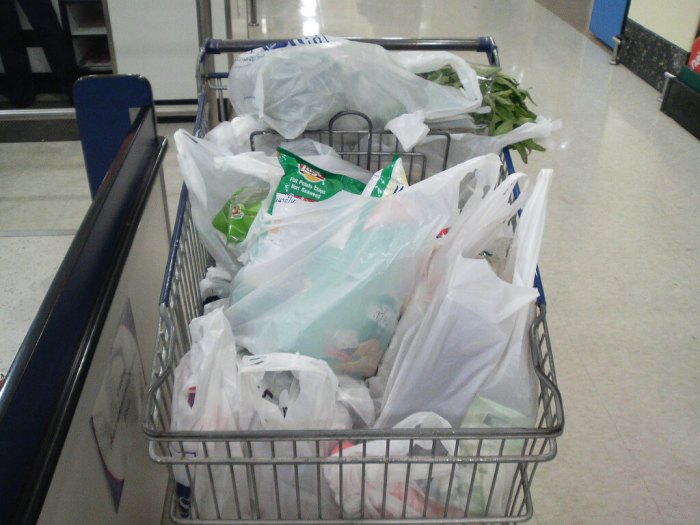Have some medication lying around that you no longer need?
Simply dump it in a plastic bag, mix it with coffee grounds and water, then throw it away.
That was the message Wednesday as law enforcement, state officials and drug-makerrepresentatives met at the State House to tout a new program aimed at curbing an epidemic of opioid abuse by cutting down the availability of prescription pain killers. Norwood Police Chief William Brooks, president of the Massachusetts Police Chiefs Association, demonstrated the technique in front of the building’s Grand Staircase. He added the ingredients — using aspirin to stand in for opioids – then foisted a baggy of brown slurry in the air. “Nobody’s gonna be digging through your trash looking for this,” Brooks said.
The state is launching a new partnership with the Pharmaceutical Research and Manufacturers of America, a national trade group, called “MyOldMeds Massachusetts.” It’s an education campaign which, in part, puts responsibility on prescription-holders to dispose of unused pills properly, the group’s leaders said. RELATED: Mass. opioid warrior goes headlong against ongoing epidemic Leftover pain killers swiped from medicine cabinets are often a stepping-stone for addicts who later switch to using heroin, health experts have said. According to the most recent statistics, opioid overdoses killed nearly 1,200 in the state last year, about four residents a day. The plastic bag approach is a simpler, do-it-yourself alternative to bringing unused meds to drug disposal kiosks, of which there are about 150 in Massachusetts towns, mainly in police station lobbies, Brooks said. “To be honest I was a little astonished that this is so simple and that I never thought of it myself,” Brooks said.
In the place of coffee grounds, one might also use other undesirable granulated substances, like cat litter or sand, according to the campaign.
Putting the drugs in the trash also keeps them out of sewer systems. Many medications, when flushed, pollute waterways, Brooks said.
RELATED: Experts weigh in on Baker’s new opioid plan
PhRMA, the trade group, also supports education for doctors on safe prescribing, rooting out “bad actors” in the medical community, as well as researching ways to make it more difficult to abuse opioids — manufacturing pills that when crushed turn to goop, rather than powder, for example — spokeswoman Priscilla VanderVeer told Metro. “The nation’s biopharmaceutical industry recognizes its role in this fight,” Steve Ubl, the group’s CEO, said in a statement.
Gov. Charlie Baker was on hand at the launch of the MyOldMeds campaign and website on Wednesday. He touted the program as “one more tool” the state can use to combat the overdose problem that has hit Massachusetts especially hard over the past several years. RELATED: MA House bill would limit opioid prescriptions
Baker’s fiscal 2017 budget includes $1.4 million in aid for police in tracking down drug traffickers. He has also filed legislation that is currently pending, which among other measures would place new limits on the number of pills a first-time pain killer prescription-holder can receive. The bill, he said, “if it gets to my desk, would be the most far-reaching and disruptive piece of legislation passed anywhere in the country to kick the teeth out of this opioid epidemic here in the Commonwealth.”
DIY pain killer disposal on display at Mass. State House
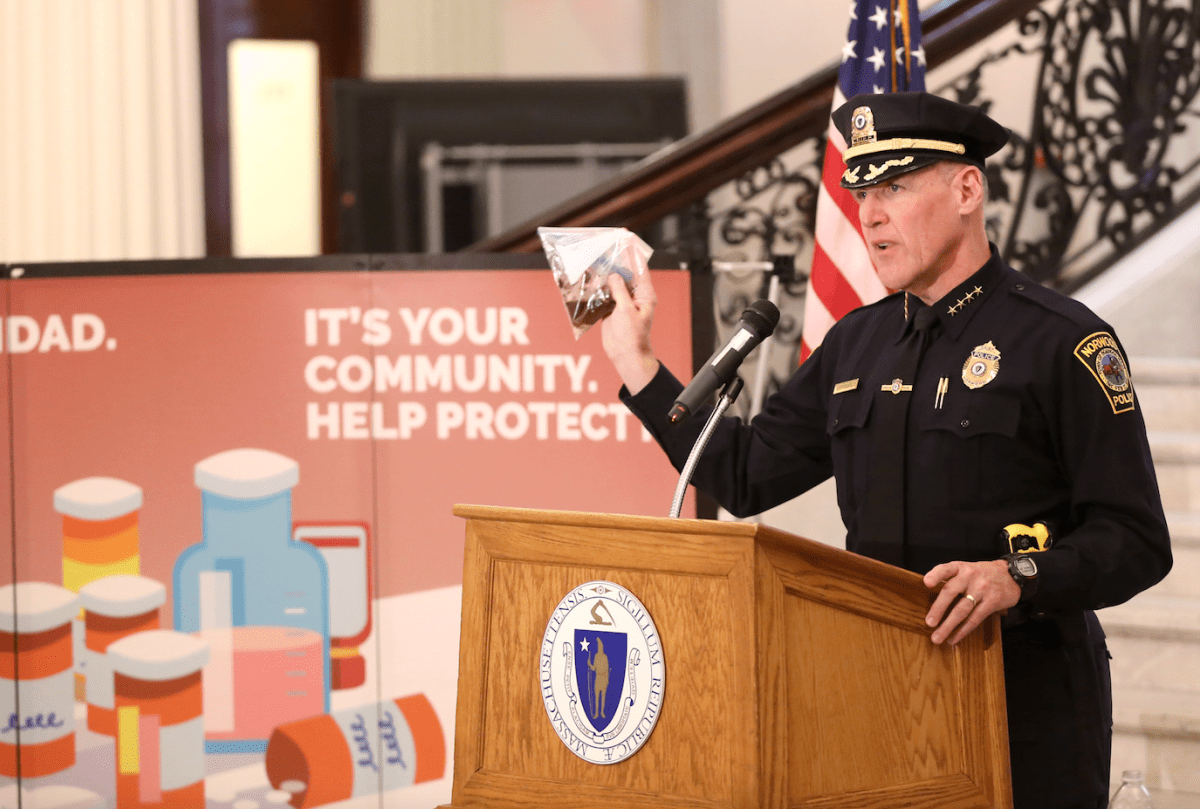
Nicolaus Czarnecki/Metro







